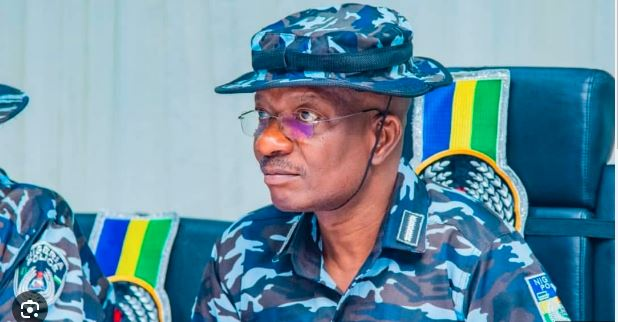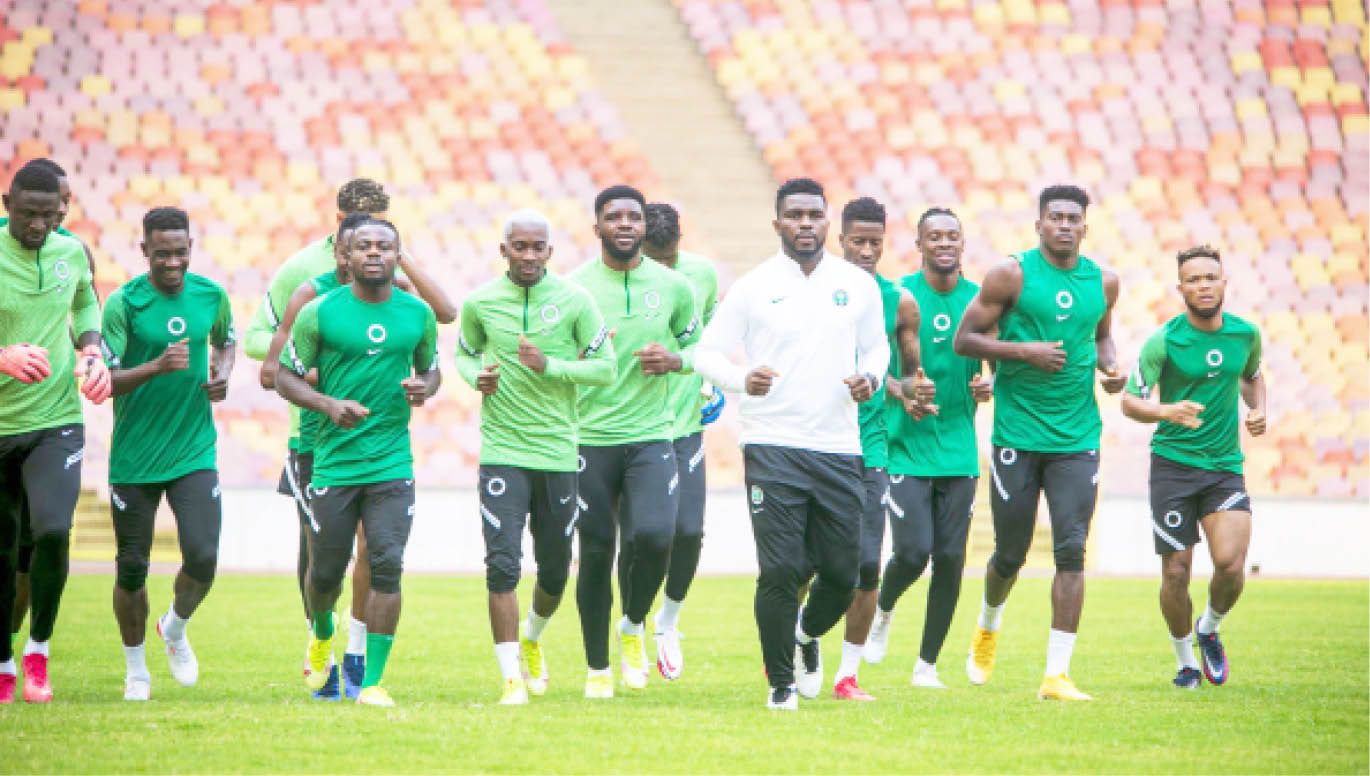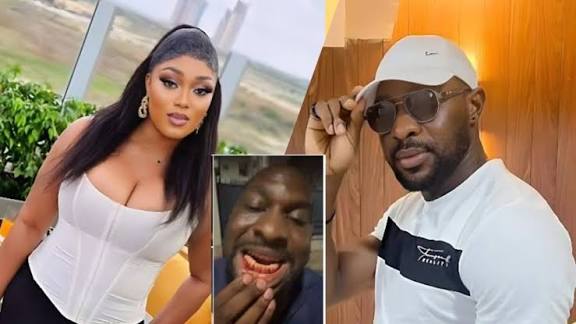
NBA Locks Horns with IGP as Tinted Glass Permit Policy Sparks Legal Firestorm Across Nigeria

The Nigerian Bar Association (NBA) has dragged the Inspector-General of Police, Kayode Egbetokun, to court over the controversial tinted-glass permit policy that has unsettled motorists and reignited public debate about rights, accountability, and the limits of police powers in Nigeria. What began in April 2025 as a supposedly progressive digital reform has now snowballed into a fierce legal battle, with the nation’s foremost body of legal practitioners alleging constitutional violations, abuse of power, and a troubling lack of transparency in the management of public funds.
The contentious policy, unveiled by the police earlier this year, mandates motorists whose vehicles have tinted windows to obtain annual permits through a centralized online platform. The system, designed to be processed via possap.gov.ng, was billed as a transparent mechanism to regulate tinted vehicles and strengthen national security, particularly in combating crimes often associated with cars that conceal occupants’ identities. Enforcement of the policy was originally scheduled to commence on June 1 but was postponed until October 2 following widespread backlash from citizens and civil rights groups. However, the postponement has done little to calm nerves, as motorists continue to complain about harassment at checkpoints and the perceived extortion that the scheme has already unleashed.
At its National Executive Council meeting in Enugu on August 23, the NBA resolved that the policy could not be allowed to stand unchallenged. Days later, acting through its Section on Public Interest and Development Law (SPIDEL), the association filed a suit at the Federal High Court in Abuja, naming the Inspector-General of Police and another party as defendants. The suit, titled The Incorporated Trustees of the Nigerian Bar Association v. The Inspector General of Police & Anor (FHC/ABJ/CS/182/2025), was filed on September 2 and awaits assignment to a judge.
NBA’s concerns go beyond mere legality and delve into the troubling financial structure of the policy. According to the association, payments made by motorists for permits—pegged at N16,000 per annum—are being funneled into a private account belonging to Parkway Projects Limited rather than the Federation Account or the Treasury Single Account (TSA). This revelation, the NBA insists, raises serious transparency and accountability red flags, especially in a climate where Nigerians are already grappling with deep mistrust of public institutions.
In a statement signed by SPIDEL Chairman, Professor Paul Ananaba (SAN), the NBA accused the police of attempting to smuggle in a policy that undermines constitutionally guaranteed rights, particularly those relating to dignity, privacy, freedom of movement, and the peaceful enjoyment of property. “We are informed that this digital portal is being managed by a private vendor, and there is no evidence to suggest that the funds generated will flow into the Federation Account as required by law,” Ananaba stated, warning that the NBA will pursue the litigation to its logical conclusion.
The association also raised alarm over what it described as premature enforcement of the policy. Though the official commencement date has not yet arrived, reports of citizens being stopped, harassed, and even extorted by policemen on the basis of tinted glass have continued to filter in. For motorists who had once celebrated the suspension of tinted-glass permits years ago due to widespread abuse, this policy feels like a revival of an old nightmare dressed in the guise of digital innovation.
For the police, however, the tinted-glass permit scheme is being defended as a legitimate tool of national security. The Force has long argued that vehicles with opaque windows often provide cover for criminal elements, kidnappers, and armed robbers, complicating efforts to track and apprehend offenders. By centralizing the permit system digitally, the police claim, they are seeking to enhance transparency, reduce human interference, and modernize security operations. Yet, critics argue that in a country still battling cyber fraud, trust deficits, and an economic crisis, the imposition of an annual N16,000 fee on struggling citizens cannot be justified under the guise of security.
Motorists themselves remain caught in the middle of the tug-of-war. Many car owners point out that tinted windows often come as factory-fitted designs meant for protection against harsh weather and UV rays, not necessarily for concealment. “Why should I be asked to pay for something that was part of my vehicle from the day I bought it?” asked one aggrieved Lagos motorist. Others lament the timing of the policy, noting that ordinary Nigerians are already reeling under inflation, fuel price hikes, and new tax burdens, making the tinted-glass fee another layer of economic punishment.
The legal dimension of the case is equally thorny. The NBA argues that the police appear to be relying on the Motor Tinted Glass (Prohibition) Act of 1991, a military-era decree, as the legal basis for the initiative. According to the association, such a decree cannot meet the constitutional threshold of being “reasonably justifiable in a democratic society,” particularly when it infringes on rights enshrined in the 1999 Constitution. Legal experts note that the court battle could set a significant precedent on how far executive agencies can go in resurrecting old laws or decrees without legislative backing in today’s democratic context.
For many observers, the case is more than just about tinted glass. It is about governance, accountability, and the role of civil society in checking state power. The NBA’s involvement underscores the seriousness of the matter, as the body has historically played pivotal roles in landmark litigations that shaped Nigeria’s legal and political landscape. By stepping into the fray, the association has once again positioned itself as a guardian of public interest and a voice against arbitrary exercise of power.
Whether the court will side with the NBA or uphold the policy remains to be seen, but what is clear is that the controversy has already deepened mistrust between citizens and the police. Calls are mounting for the Inspector-General to suspend enforcement of the scheme until the judiciary pronounces on its validity, but the police hierarchy has so far maintained silence on whether it intends to comply.
As the October 2 enforcement deadline looms, Nigerians are bracing for what could either be a major legal victory for civil liberties or another instance of state-backed policy that survives despite public opposition. In a nation where stories of extortion at checkpoints are all too familiar, the stakes are high, and the outcome of this case may reverberate beyond tinted windows to the very heart of how laws are made, enforced, and challenged in Nigeria’s fragile democracy.
For now, motorists continue to navigate both potholes and police checkpoints, unsure whether their tinted windows will invite scrutiny or reprieve. The NBA’s lawsuit has thrown open a critical national conversation about rights, security, and accountability, and as Nigerians await the court’s judgment, one thing is certain: the battle over tinted glass is no longer about vehicles alone, but about the future of constitutionalism in Nigeria.


